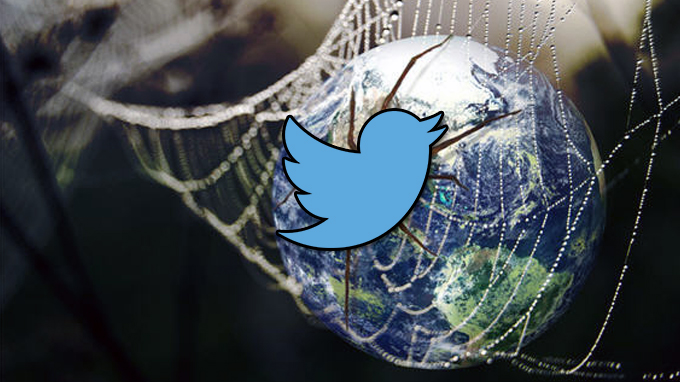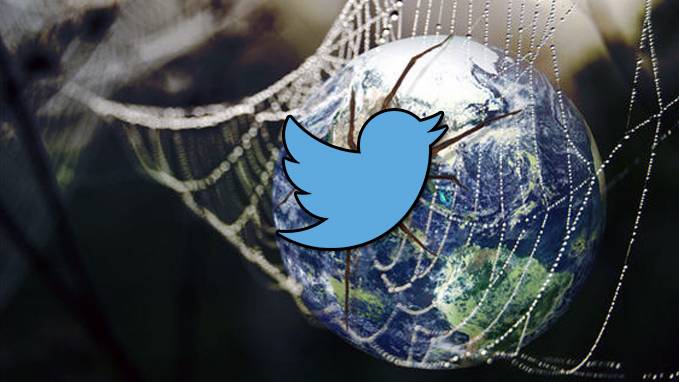Twitter wants aggressive net neutrality rules
Source: washingtonpost.com

Days ahead of a vote by federal regulators on the future of the Web, Twitter is coming out in support of the government's plan to treat Internet providers more like traditional phone service.
In a blog post, Twitter says that it previously backed "common sense net neutrality rules" through a Washington trade group, the Internet Association. But now the company is going further. Independently, Twitter is arguing that the Federal Communications Commission should move ahead with the most aggressive rules ever proposed for Internet providers — to be sure that they don't unfairly speed up or slow down some sites over others or create Internet "fast lanes" that give wealthy firms an advantage over smaller ones.
"Empowering 'lesser' or historically less powerful voices to express themselves and be heard globally is at the core of Twitter’s DNA," Twitter's public policy manager, Will Carty, writes in the blog post.
The FCC's net neutrality proposal would regulate Internet providers using the same tool it uses to police legacy telephony — Title II of the Communications Act. Opponents of the move have decried it as a government takeover of the Internet; its supporters, which include President Obama, say it's the only way to keep Internet providers from abusing their role as gatekeepers of information.
In addition to regulating traditional providers of fixed broadband Internet, the FCC's proposal will also apply to wireless carriers such as T-Mobile and Sprint. It will allow the agency to inspect commercial deals like the kind Netflix struck with Comcast last year on a case-by-case basis, if it suspects foul play.
Beyond endorsing some of these provisions, Twitter says it's "pleased" about the possibility of Congress tackling net neutrality — but the company stopped short of backing any specific plan.
Twitter's leap into the debate at this point isn't likely to change much; the FCC has been steadily moving in the direction of stronger rules for the past year, anyway. The politics have more or less settled along partisan lines — and with the agency set to vote on its proposal Thursday, the regulations appear likely to pass.
All this raises the question as to why Twitter chose this moment — when its actions seem least likely to change the outcome — to speak up. A Twitter spokesperson didn't immediately respond to a request for comment.
Source: washingtonpost.com






















